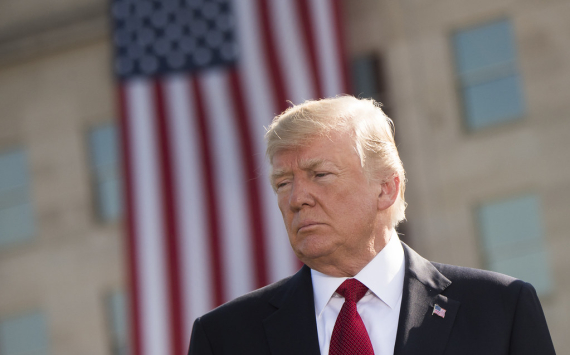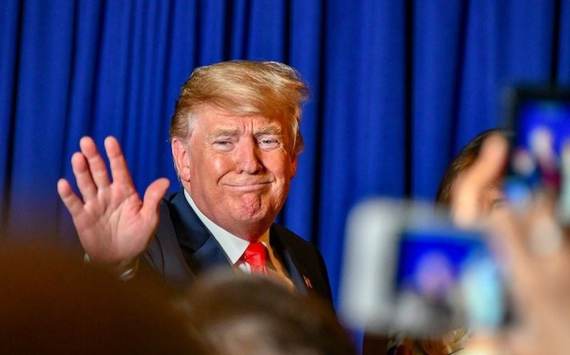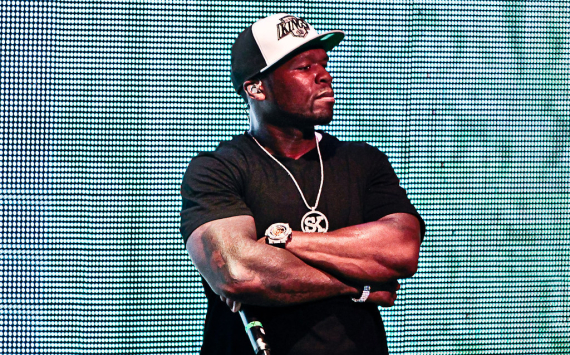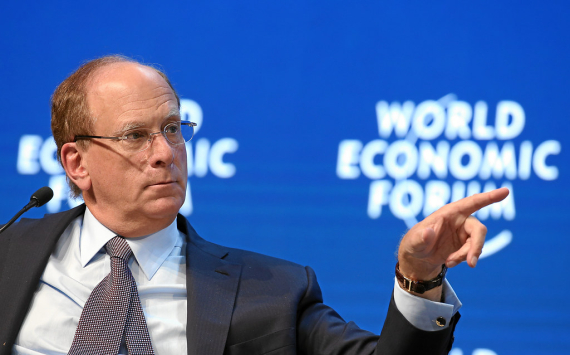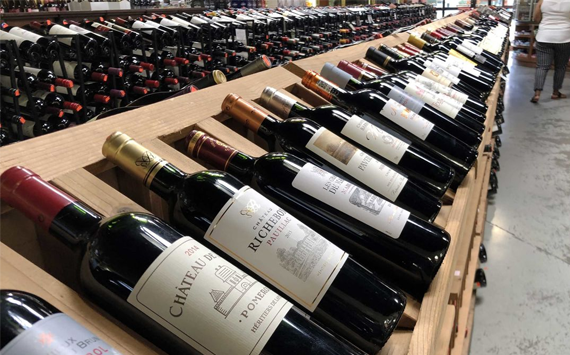
Duties on spirits
US President Donald Trump's administration has announced that it will impose new duties of 25% on wine and spirits from France and Germany, starting on 12 January. This includes the first time duties will be imposed on wine with an alcohol content exceeding 14%, a category not previously covered, according to the Office of the US Trade Representative (USTR).
The US has seen an increase in shipments of these wines, particularly from Spain and France, following the introduction of duties on wine with an alcohol content of 14% or less last year.
Christine LoCascio said: "With what is happening against the backdrop of a pandemic, with restaurants and wineries closing, now is simply not the time to strike a blow to an industry that is already facing economic consequences".
Washington imposed 25 per cent duties on wine from France, Spain, Germany and the UK in October 2019 in response to those countries subsidies to European aircraft manufacturer Airbus SE, claiming they would hit its US rival Boeing Co.
The new duties will also apply to premium categories of cognac priced at $38 a litre and above, as well as some aircraft components from France and Germany.
The USTR said that the extension of duties affects products from France and Germany because these countries provide the largest subsidies, contrary to World Trade Organization (WTO) rules.
The US and the European Union have been in a long-running dispute over what both sides call illegal financial support for Airbus and Boeing by the authorities. The conflict has escalated amid the imposition of duties on consumer goods.
In October 2019, the US imposed duties on wine, cheese and other products from Europe worth a total of $7.5bn. In response, the EU in November announced duties on $4bn worth of goods from the US, including imports of Boeing aircraft as well as spirits and tobacco.
The imposition of the duties has a significant negative impact on the industry. Wine imports from France, for example, fell 54% in the first five months of 2020 compared with a year earlier, and from Germany 42%.








